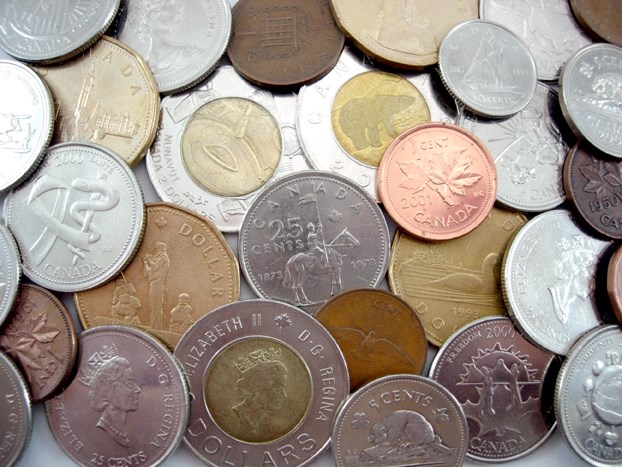Allowances, saving for a rainy day, piggy banks, a penny saved is a penny earned, birthday cash from Grandma.
These are some of our earliest introductions to money.
“Giving our kids financial knowledge is a great way to set them up for brighter future financial prospects,” says BlueShore Financial vice-president of marketing Catharine Downes. “It also helps contribute to having a financially savvy adult population.”
Her advice for young earners and their parents includes: start early. You don’t need to be an expert. Earning, saving, and giving go hand-in-hand when teaching kids about the value of money.
“The message is it’s OK to spend some, it’s important to save some (money) but we should also think about other people and share some. It creates an opportunity for a conversation within a family between parents and a child,” says Downes.
It might be hard to picture your babbling baby as an educated college student out in the real world, but it will happen in the blink of an eye. And then, as a parent, you might be the one crying if you haven’t made a financial plan for tuition fees.
“University education is an expensive proposition and only getting more expensive, particularly if your child is looking at having to live out of home and go out of province or country to a university,” explains Downes.
Registered Education Savings Plans are a financial strategy that allows your money to grow tax-free until your child is ready for university, college or trade school. When you contribute to an RESP, the federal government’s Canada Education Savings Grant will match 20 per cent of your yearly contributions, to a maximum of $500 annually per child and $7,200 over the life of the RESP.
There is also a new B.C. Training and Education Savings Program grant, designed to help families start planning and savings earlier for their children’s post-secondary education. It provides $1,200 for your child’s RESP with no matching or additional contribution on your part.
BlueShore has developed a Wishbank program in partnership with the North Vancouver School District, which has been built into the Grade 2 math curriculum. Downes says it takes a fun approach in teaching kids about money management.
Under the program, kids get a customized piggy bank, their first passbook, three loonies to start off the Wishbank, as well as a tour of the branch, including the vault and the bill counter, and a personal introduction to the branch manager.



